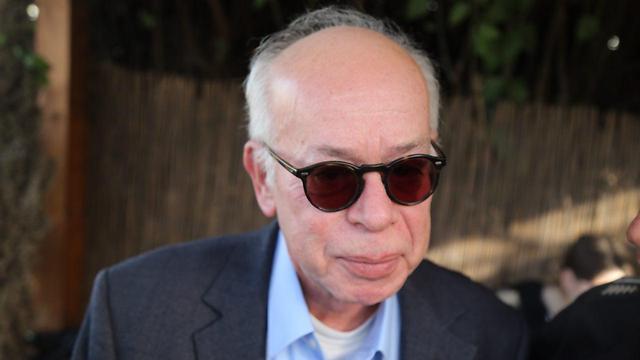

PM admits to speaking to news mogul Adelson '0.75 times on average a week' for years
Following the Supreme Court's ruling, PM Netanyahu states that between 2012 – 2015, he used to talk to newspaper Israel Hayom's controling shareholder Adelson and its editor-in-chief Regev 0.75 a week on average; during that time, Netanyahu served not only as PM but also communications min.
According to the freshly released phone records, Netanyahu also spoke 1.5 times per week in the same period with the paper’s former editor-in-chief, Amos Regev.
"Adelson has been a close friend of mine for thirty years and I am happy to speak with him from time to time," Netanyahu
wrote on his Facebook page following the new trickle of information that sheds further light on the investigation’s progress.
While the beleaguered prime minister did not release the precise timing of the conversations, an estimated number can be discerned from his statements.
"I devote most of my time to managing the affairs of the state, but from time to time, usually at night and after the workday, I also talk to the media. I present them with the great work we are doing for the State of Israel and the citizens of Israel, and suggest they publish this information."
The court explained its decision that Netanyahu detail his conversations with Adelson and Regev by noting that "these are conversations between the prime minister and the two most important people in the newspaper Israel Hayom—the controlling shareholder and its (then) editor-in-chief. Granted, the claim here and our assumption is that the conversations were on private matters irrelevant to the paper. But the existence of a personal connection between the prime minister and the controlling shareholder and editor-in-chief of the newspaper, and the intensity of their communication, holds a great deal of public interest.
"Israel Hayom is a popular and influential daily newspaper that has been on the public agenda and has preoccupied the public and political establishment almost since its founding in 2007. The intense and ongoing public debate on the essence of the relationship between the prime minister and the newspaper, as well as the goals behind the newspaper's founding, led, inter alia, to the State Comptroller's review of the petition to the chairman of the Central Elections Committee ahead of the elections to the 20th Knesset. Some have even linked this initiative to (the decision to go to—ed) early elections."
The Supreme Court stressed that "we must also give weight to the fact that in this case, we are dealing with the prime minister, the most senior government official, who in the period in question also held ministerial powers in other ministries, including the Ministry of Communications.
"On the other hand," continued the court's statement. "Those seeking this information are not 'a curious citizen,' but a senior journalist and a central media outlet who conducted an investigation into the relationship between the prime minister and the newspaper Israel Hayom and its owner, in which the newspaper was presented as 'a mouthpiece for promoting the prime minister's positions and interests.'"


















